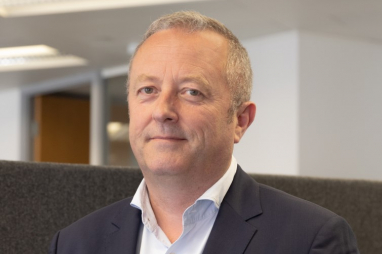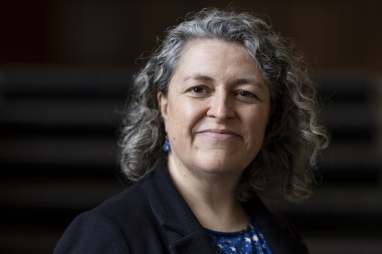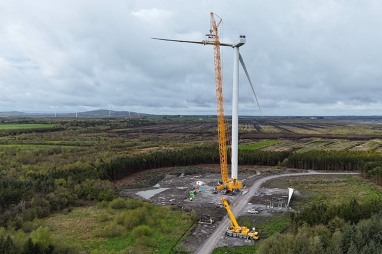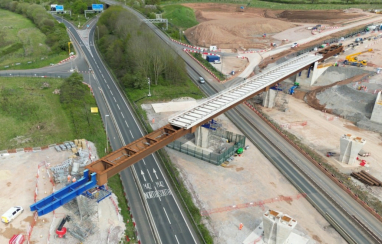- Кроссовки nike lunar forever 4 msl оригинал 37р - mens maroon and gold nike clothes , Украина #38216599 - 24см — цена 450 грн в каталоге Кроссовки ✓ Купить женские вещи по доступной цене на Шафе
- air jordan 5 island green releasing in november (2023) , SBD , air jordan 5 island green releasing in november
- Air Jordan 11 Retro Cool Grey 2021 Cool Grey , IetpShops , Michael Jordan In The "White Cement" Air Jordan Retro IV (4)
- IetpShops , clima adidas performance adizero prime green screen , clima adidas performance adizero prime green screen 'Home' and 'Away'
- Украина #111961088 , Чоловічі кросівки adidas alphabounce сині з білим кросівки адідас альфабаунс чудової якості — цена 1435 грн в каталоге Кроссовки ✓ Купить женские вещи по доступной цене на Шафе , adidas Kortærmet T-Shirt Barricade
- air jordan 1 retro high og university blue 555088 134
- Nike Blazer Mid 77 Catechu DC9265 101 Release Date
- air jordan 4 og fire red DC7770 160 release details price
- air jordan 1 mid chicago 2020 554724 173
- air force 1 shadow
- Home
- News and analysis
- Info hubs
- Events
- Video
- Case Studies
- About us
- Magazine
- Advertising
Produced for the industry by the Association for Consultancy and Engineering
News
Infrastructure safety – risk not systemic but change needed
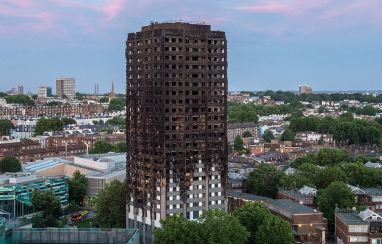
There is no undue risk to the safety of the UK's infrastructure, according to an interim report for the Institution of Civil Engineers by its former President, Peter Hansford. But there is work to be done to identify, understand and reduce risks that do exist, the report says.
Peter Hansford was commissioned to lead a panel tasked with investigating whether there are systemic problems behind infrastructure failures in the wake of the Grenfell Tower tragedy in June this year. The panel's interim report, In plain sight, makes four main recommendations. ICE has acted on all four, including the setting up of three 'task and finish' groups to take three of the recommendations forward.
These groups will look at lesson sharing, competence and governance – including a review of ICE's Professional Development regime and Code of Conduct to to ensure infrastructure safety. In plain sight introduces a system of 12 lines of defence for protecting against infrastructure failure. According to an ICE spokesman, the key recommendation against this will also be taken forward, with a further full independent study of the 12-lines model to assess its effectiveness.
The report's four key recommendation are as follows:
Validation: ICE should commission a study to analyse and validate the 12 lines of defence against infrastructure failure
Lesson sharing: ICE should work with other infrastructure organisations to improve how the sector shares information from safety reviews, accidents, failures and near misses.
Competence: ICE should review the robustness of its Continuing Professional Development regime and Code of Professional Conduct. ICE should also review the effectiveness of arrangements for professional oversight of assets in different sub-sectors of infrastructure.
Governance: ICE should work with other infrastructure organisations to identify if improvements can be made to the role played by governance in the development and management of assets. This should include the competence of boards, scrutiny systems and the presence of a technically competent engineering voice in safety-critical decisions.
Peter Hansford said: “The interim report considers whether we fully understand vulnerabilities that lie behind the risks of serious failure in our economic infrastructure. The panel and I have identified a model for lines of defence against failures in infrastructure. The recommendations we make are to protect against the potential blind spots that we have discovered while compiling the report.
“There is no suggestion that there is an unacceptable risk of infrastructure failure but it is the duty of a responsible industry and professional body to take reasonable steps to protect against risk as far as possible.”
ICE's current President, Professor Tim Broyd said: “The country witnessed a major tragedy during the Grenfell Tower fire. Our industry delivers major economic infrastructure and it is beholden on us to make sure that we are fully aware of the risks of potential failure. That is why I commissioned this report and why I have asked the director general of ICE to take a series of actions in light of the recommendations.
“I would like to thank the Panel for all their work in producing this interim report in a short period of time and for helping the industry to respond appropriately to a public tragedy.”
The details and findings of the report will be shared with other professional engineering bodies and made available on the ICE website. The work of the three task groups is expected to conclude in spring 2018.

